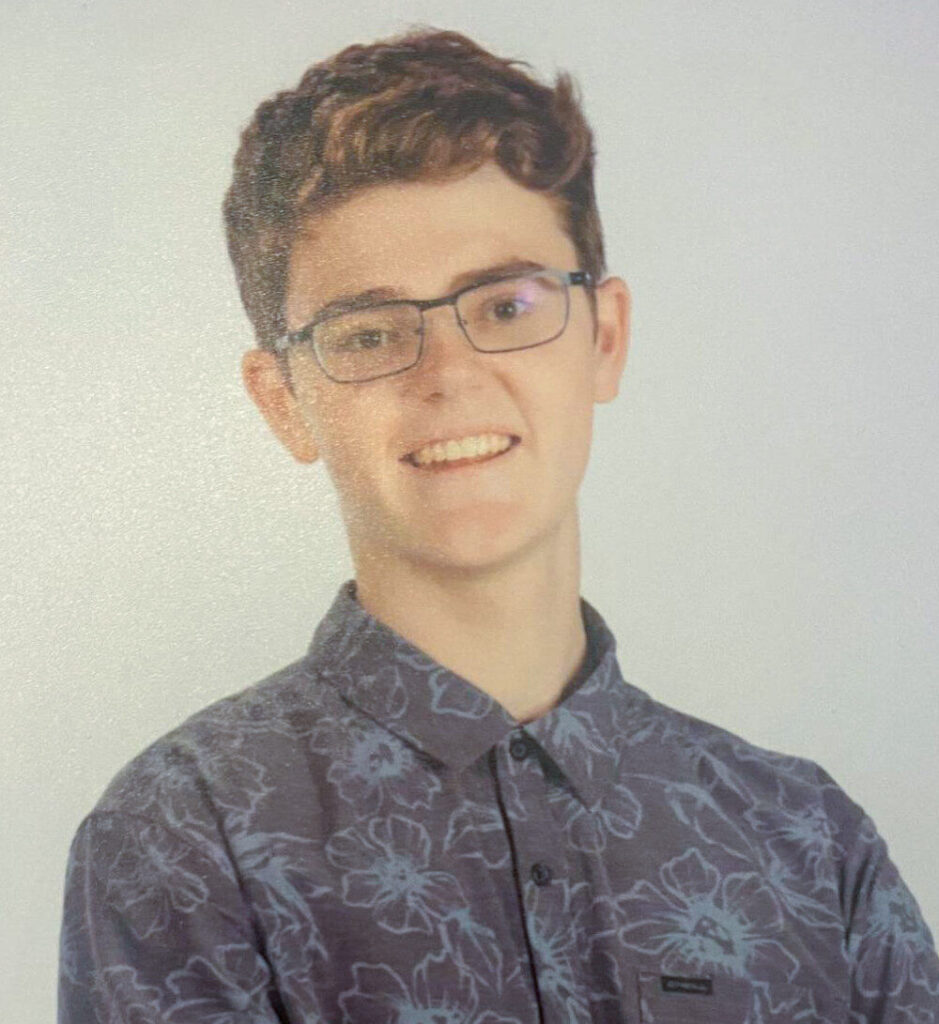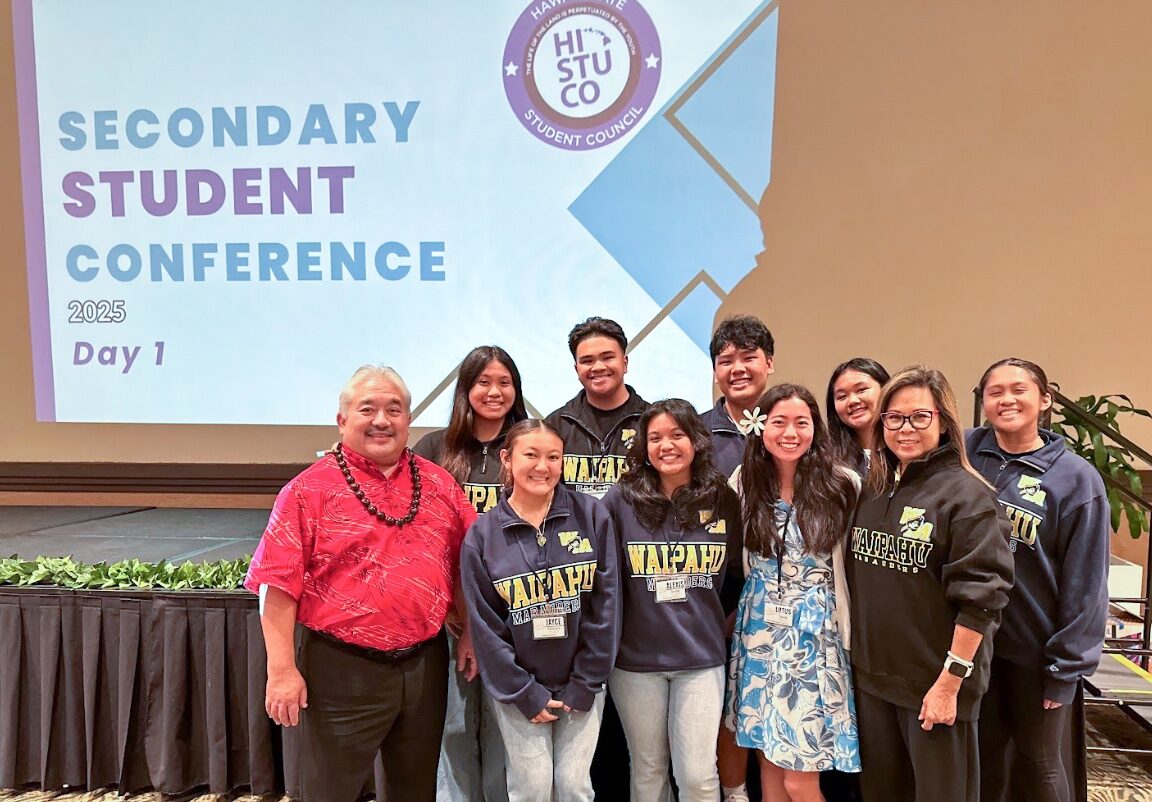By Peter Vahsen and Ethan Yang, Kaiser High School
They say that our youth will be the leaders of tomorrow, but what responsibilities do they have today?
Hawai’i is a mosaic of individuals, each with unique interests, upbringings, and aspirations. What ties us together is a communal responsibility to engage with and nurture our shared spaces. By bringing our experiences and perspectives to local issues, we exercise our duty of civic engagement and foster the value of stewardship–taking care of our society.
Hawai’i public school students are no exception to this community citizenship, but a full plate of academics, familial responsibilities, part-time jobs, and adolescent development means that civic responsibility often takes a back seat. While students learn about civic duties through their humanities courses, especially Participation in Democracy, the true taste of democratic engagement comes through extracurricular activities.
At Kaiser High School, election season is right around the corner, and every student has the opportunity to exercise their right to vote for a representative; one who will carry their concerns to the decision-making level of student government. As creative posters adorn campus and students line up to cast their votes, we are challenged to not be complacent about campus issues, both familiar and unspoken. Students quickly learn that an engaged constituency results in tangible improvements, whether through spirit weeks, dress code changes, or assembly programs.
This same ideal of personal engagement encapsulates the essence of Kaiser’s student newspaper. At first, writers chase only a vision–a feature on the latest school club, a news piece about how political legislation will impact students, or a deep dive into local family-run businesses. Yet through weeks of interviews and research, writers transform that one-sentence pitch into an article bursting with color and energy. With each draft, one’s initial vision grows increasingly clear, ultimately yielding a story that can bring even the most niche topics into the latest schoolwide conversations. The beauty of the newspaper lies in freedom: a writer never knows if their next interview will be with a classmate, or with a state politician. Any English class can teach a student to write an essay. But with the liberty to take an article in any direction they want, student journalism allows a level of engagement that produces not mundane assignments, but stories that hold the power to fuel collective community action.
For student writers particularly interested in politics, Kaiser offers a new form of engagement. The GloPost, created last year as a student-run global political news website, allows any student the opportunity to author an article on a topic that interests them. With articles covering everything from Korean chaebols to Nigerian tech startups, the GloPost has become representative of the diverse political knowledge that Kaiser students hold. In reading about foreign governments and societies, students gain the ability to critically analyze Hawai’i’s own institutions, providing a gateway into active political involvement. Whether it be at the school, local, state, national, or international level, becoming knowledgeable about recent political developments can be what sparks curious minds to become active leaders in their communities.
After fostering these skills across a diverse range of opportunities, students across Hawaiʻi take newfound civic engagement skills and enthusiasm to the state level at the annual Secondary Student Conference. An invaluable platform, this three-day legislative conference allows students to enrich their understanding of the legislative process, discuss concerns with state leaders, and advocate for pending legislation. Here, the theoretics of the classroom are converted into real testimony. Soft skills like critical thinking, debate, and compromise are crucial to sway your peers and garner support. Under the open sky of the State Capitol, students are left with a palpable sense of empowerment, and new connections with peers from across the islands are formed. This conference not only sows the seeds for the future leaders of our state but gives students a voice in change today.
The sheer plethora of resources available to our keiki allows one to acquire the technical knowledge and skills to one day become a great leader. Yet Uncle Ben in Spiderman taught us the mark of a great leader is not how much power they have, but how they choose to wield that power. Civic engagement forces us to challenge that power. It invites us to look within and examine why we structure our lives in the way we do. It instills within us the value of empathy, dedication, and passion, reminding us that effective governance is perpetuated in righteousness.
Leadership may construct the framework of society, but civic engagement lays the foundation of its leaders. The students poised to lead us tomorrow are those who commit themselves to active engagement today.

Peter Vahsen is a senior and IB Diploma Candidate at Kaiser High School. As Model UN club president and mock trial captain, he strives to foster student political awareness through civic engagement. He plans to pursue a political science degree in college, and ultimately become an attorney here in Hawai’i. In his free time, he enjoys baking, soccer, and playing the piano.

Ethan Yang is a senior and IB Diploma Candidate at Kaiser High School. He currently serves as the 2024-2025 Student Body President and Student Representative to the Board of Education. Participating in varsity soccer for four years and various extracurricular activities, he seeks to bring a student perspective to policy at both local and statewide levels

